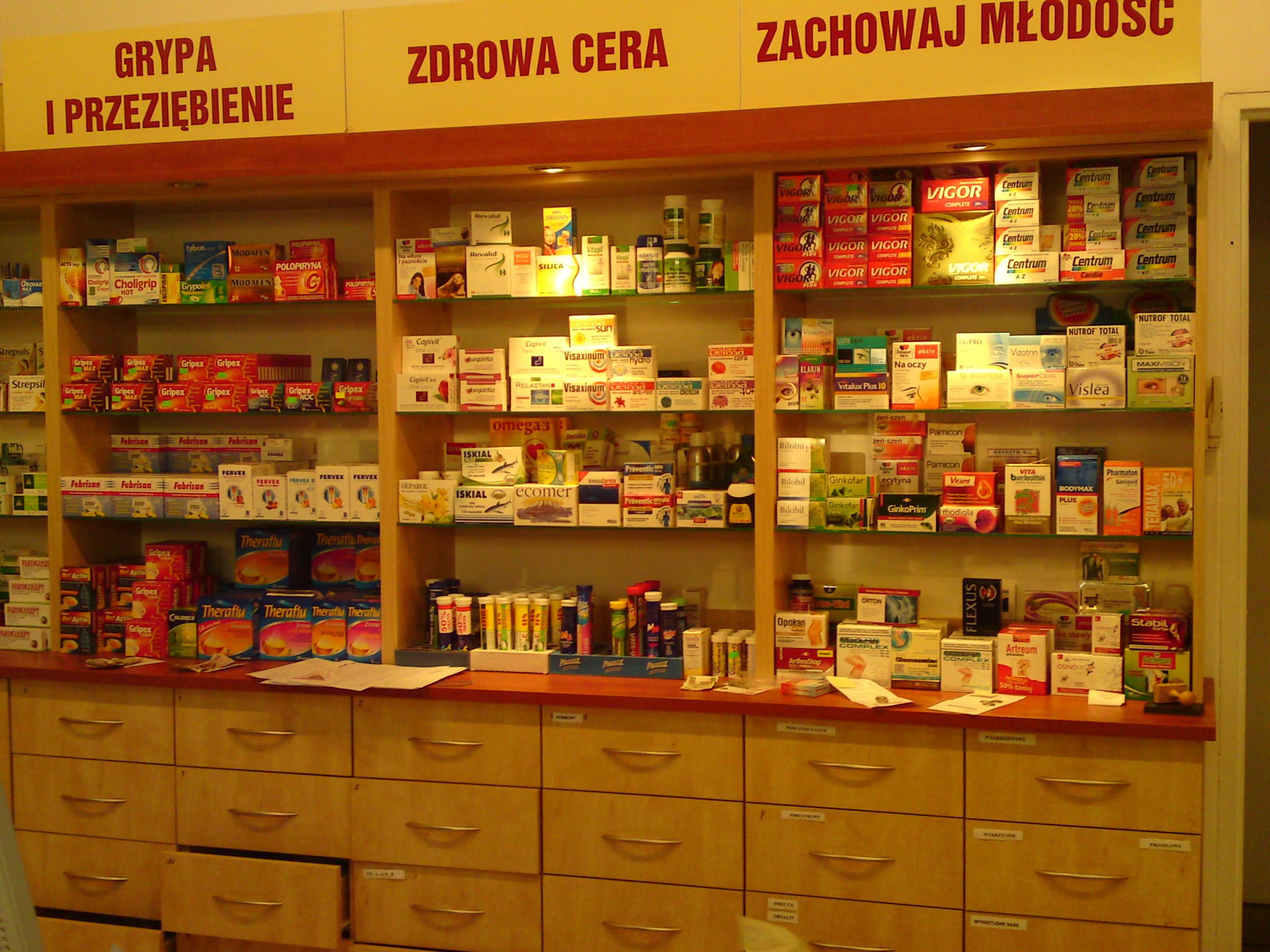Pharmacy Practice MCQ, in this article we will solve, Practice MCQ under subject physical pharmaceutics II. Read following article for your reference.
Determination Of Viscosity: Capillary, Falling Sphere And Rotational Viscometers » PHARMACAREERS
- What is viscosity?
- a) The measure of a fluid\’s resistance to flow
- b) The measure of a fluid\’s density
- c) The measure of a fluid\’s temperature
- d) The measure of a fluid\’s pressure
- Which type of viscometer is used to measure the viscosity of low-viscosity fluids?
- a) Capillary viscometer
- b) Falling sphere viscometer
- c) Rotational viscometer
- d) All of the above
- What is the principle behind a capillary viscometer?
- a) Measuring the time it takes for a fluid to flow through a capillary tube
- b) Measuring the time it takes for a sphere to fall through a fluid
- c) Measuring the rotational resistance of a fluid
- d) Measuring the temperature change of a fluid
- Which equation is commonly used to determine viscosity using a capillary viscometer?
- a) Hagen-Poiseuille equation
- b) Bernoulli\’s equation
- c) Stokes\’ law
- d) Newton\’s law
- What does the Hagen-Poiseuille equation describe?
- a) The flow rate of a fluid through a capillary tube
- b) The fall time of a sphere through a fluid
- c) The rotational resistance of a fluid
- d) The density of a fluid
- In a falling sphere viscometer, what is measured to determine the viscosity of a fluid?
- a) The time it takes for a sphere to fall a certain distance through the fluid
- b) The rotational speed of a cylinder in the fluid
- c) The flow rate of the fluid through a capillary tube
- d) The density of the fluid
- Which law is applied to calculate viscosity using a falling sphere viscometer?
- a) Bernoulli\’s law
- b) Stokes\’ law
- c) Newton\’s law
- d) Archimedes\’ law
- What is the principle behind Stokes\’ law in the context of a falling sphere viscometer?
- a) The force of gravity on the sphere
- b) The buoyant force acting on the sphere
- c) The drag force acting on the sphere as it falls through the fluid
- d) The rotational resistance of the fluid
- In a rotational viscometer, what is measured to determine the viscosity of a fluid?
- a) The rotational speed of a spindle or cylinder in the fluid
- b) The flow rate of the fluid through a capillary tube
- c) The fall time of a sphere through the fluid
- d) The temperature change of the fluid
- What type of viscometer is commonly used to measure the viscosity of non-Newtonian fluids?
- a) Capillary viscometer
- b) Falling sphere viscometer
- c) Rotational viscometer
- d) U-tube viscometer
- Which parameter is crucial for calculating viscosity in a capillary viscometer?
- a) Density of the fluid
- b) Time of flow through the capillary tube
- c) Temperature of the fluid
- d) Speed of the falling sphere
- What does the term \”kinematic viscosity\” refer to?
- a) Dynamic viscosity divided by fluid density
- b) The resistance of a fluid to flow
- c) The rotational resistance of a fluid
- d) The flow rate of a fluid through a capillary
- Which unit is commonly used to express dynamic viscosity?
- a) Poise (P)
- b) Pascal-second (Pa·s)
- c) Centipoise (cP)
- d) All of the above
- Which unit is commonly used to express kinematic viscosity?
- a) Stokes (St)
- b) Centistokes (cSt)
- c) Poise (P)
- d) Pascal-second (Pa·s)
- In the falling sphere method, what is the relationship between the sphere\’s diameter and the measured viscosity?
- a) Larger diameter spheres increase the measured viscosity
- b) Larger diameter spheres decrease the measured viscosity
- c) The diameter of the sphere does not affect the measured viscosity
- d) The relationship is dependent on the fluid density
- What is the primary advantage of using a rotational viscometer?
- a) Suitable for both Newtonian and non-Newtonian fluids
- b) Simple and inexpensive
- c) Requires no calibration
- d) Measures density directly
- Which factor can significantly affect viscosity measurements in a capillary viscometer?
- a) Temperature of the fluid
- b) Diameter of the capillary tube
- c) Length of the capillary tube
- d) All of the above
For more regular updates you can visit our social media accounts,
Instagram: Follow us
Facebook: Follow us
WhatsApp: Join us
Telegram: Join us





